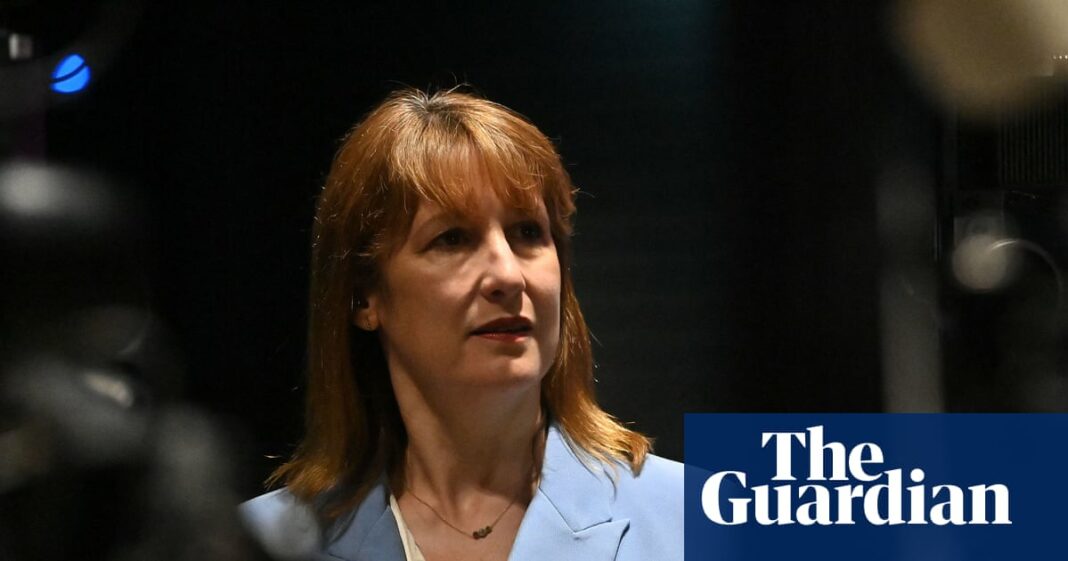Despite a good month for the public finances, the Treasury won’t be putting in any champagne orders.
Higher self-assessment tax receipts and an increase in national insurance payments by employers filled the government’s coffers by more than expected in July. The result was that Rachel Reeves’s spending deficit fell to £1.1bn, down by £2.3bn from the same month a year earlier.
That would be cheery news in normal circumstances, but hemmed in by tight fiscal rules, jittery financial markets and a restless public, the chancellor knows not to be complacent.
There is every likelihood that the Office for Budget Responsibility (OBR) will downgrade its outlook for economic growth when Reeves presents her autumn budget, forcing the government to take further action to balance the books.
By how much we don’t know. There are wildly different estimates from the UK’s main thinktanks and economic consultancies.
At the moment, government spending is on track to come in at £105.5bn in this financial year, a shade below the OBR forecast of £105.7bn.
Capital Economics says a review of the outlook by the OBR will lead to downwards revisions totalling £17bn, creating a £27bn gap once Reeves has restored her target of a £10bn buffer.
The National Institute of Economic and Social Research (NIESR) used its own modelling to arrive at a gap of £41bn, and £51bn if the buffer is maintained.
These are big numbers, even when they are spread over the OBR’s five year timeline.
It would be nice to think that Britain’s reputation for responsible government and sound public finances meant it could borrow freely to fill the debit side of the ledger.
Most City economists say this facility is heavily circumscribed. No longer do international lenders believe governments when they say they need to borrow for the short term.
Only Germany has managed that in the last 20 years and it has paid a similar price to the UK in lost investment and deteriorating public services. Italy is enjoying favourable treatment by the debt markets at the moment because it is seen to have a solid grip on its deficit, unlike France, which is being punished with high borrowing rates for seemingly losing its way.
Without much leeway to increase borrowing or political capital to revise spending plans – inside or outside the Labour party – Reeves must examine ways to raise tax.
She knows that a repeat of last year’s tax grab will be a growth killer. Instead, she is examining ways to reform the tax system that both releases much needed funds and spurs activity, especially in the depressed property market.
It is a bold chancellor who embarks on radical tax reform. At the moment, it seems to be her only escape route.



